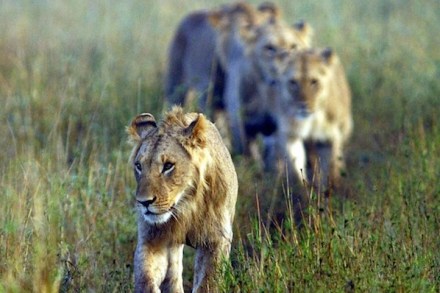The day I awoke my inner predator
Gweru on the central Highveld of Zimbabwe used to be called Gwelo when I was there as a boy but seemed otherwise largely unchanged when we passed through a couple of weeks ago. Sleepy, laid-back: a petrol station, a few stores and a scattering of offices and little townships of bungalows on the main tarred road between Harare and Bulawayo. Less in Zimbabwe has changed than people think. We were on our way, though, to a place that was certainly new to me: Antelope Park, a lush, green riverside encampment at the end of a long dusty road out of Gweru. At Antelope Park you can walk with lions. I


